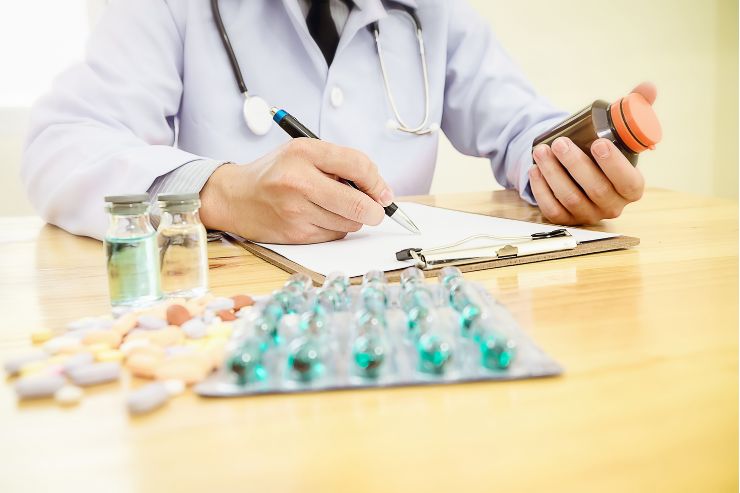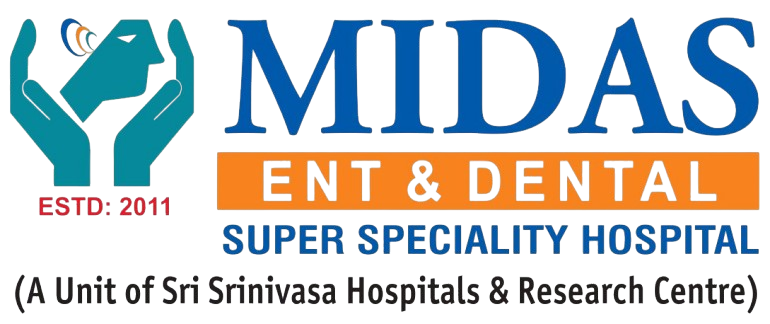Micro Ear Surgeries

Sri Ganga Emergency and Multispeciality Hospital provides a comprehensive suite of general medicine services designed to address a wide range of health issues, focusing on the diagnosis, treatment, and prevention of nonsurgical conditions. The General Medicine Department is staffed by a team of experienced physicians who specialize in internal medicine and are adept at managing patients with complex, chronic illnesses and various diseases that affect the body.
Disease Management: This includes chronic disease management for conditions such as diabetes, hypertension, cholesterol disorders, asthma, and chronic obstructive pulmonary disease (COPD). The department emphasizes the importance of preventive care, lifestyle modification, and medication management to control these conditions.
Infectious Disease Treatment: The hospital deals with the treatment of various infectious diseases, including respiratory infections, tuberculosis, HIV/AIDS, and tropical diseases like malaria and dengue. The department uses advanced diagnostics and tailored treatment protocols.
Geriatric Care: Specialized care for the elderly, focusing on their unique needs, managing multiple medications, and addressing multiple comorbid conditions.
Preventive Medicine and Health Screening: Health screenings are vital components offered, including cancer screenings, cardiovascular risk assessments, and comprehensive health check-ups that help in early detection and prevention of diseases.
Nutritional and Lifestyle Counseling: Guidance on diet, nutrition, and lifestyle is provided to support overall health and manage conditions such as obesity, metabolic syndrome, and nutritional deficiencies.
Immunizations: Provision of essential vaccines for adults, including flu shots, pneumococcal vaccines, and hepatitis vaccines, among others.
Common Procedures and Minor Surgeries
While major surgeries are not typically within the scope of general medicine, physicians in this department frequently perform minor procedures, such as:
Joint Aspirations and Injections: These are common for treating joint-related conditions like arthritis, providing relief from pain and swelling.
Skin Procedures: This includes removal of warts, skin tags, and performing biopsies on suspicious lesions.
Incision and Drainage of Abscesses: A frequent procedure for treating infections that present with abscess formation.
Catheter Insertions: For patients who require urinary catheterization, which can be essential for those with urinary retention problems.
Cardiovascular Monitoring Procedures: Including ECGs and placement of Holter monitors to assess heart function over a period of time.
- Micro Ear Surgeries
- Cochlear Implantation
- Stapes Surgery
- Nose and Sinus Surgeries
- Rhinoplasty and Facial Plastic Surgery
- Microlaryngeal Surgeries
- Phono Surgery
- Coblation Assisted Tonsillectomy and Adenoid Surgeries
- Skull Base Surgeries
- Snoring and Sleep Apnea Surgeries
- Radiofrequency
- Microdebrider
- Coblation Surgery
- Audiology
- Hearing Aid
- Allergic Clinic
- Vertigo Clinic
- Speech Therapy
- Head and Neck Cancer Surgeries

